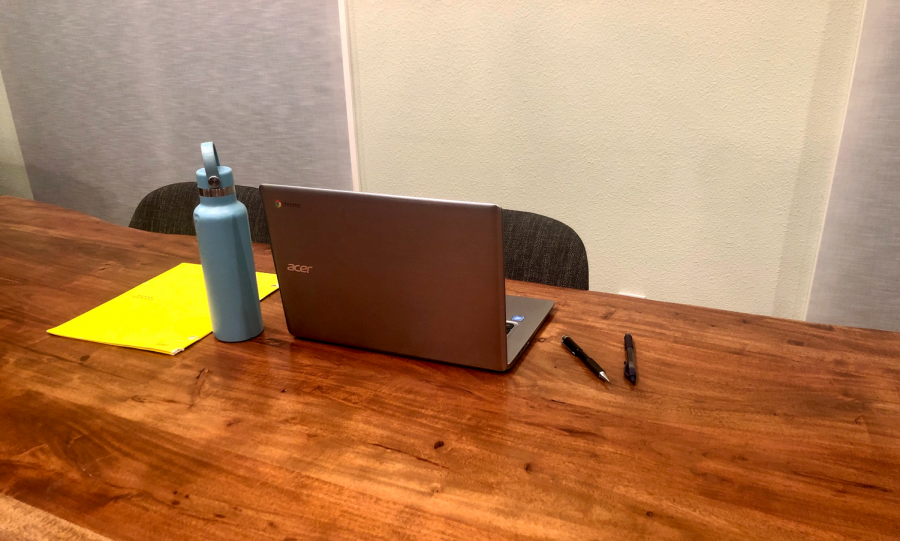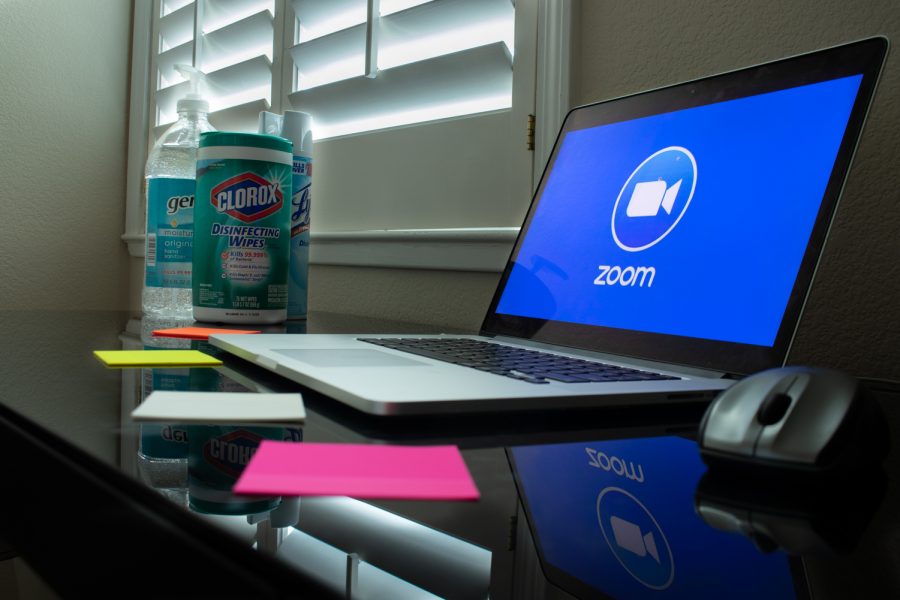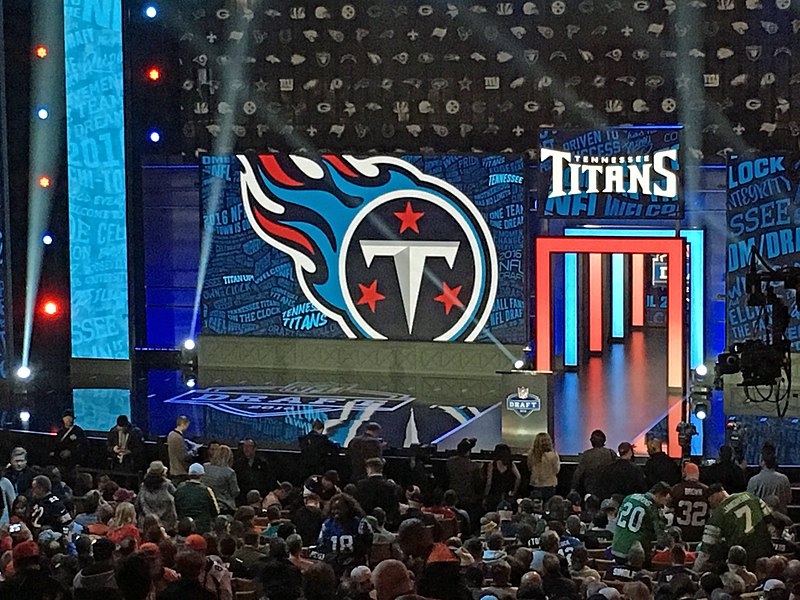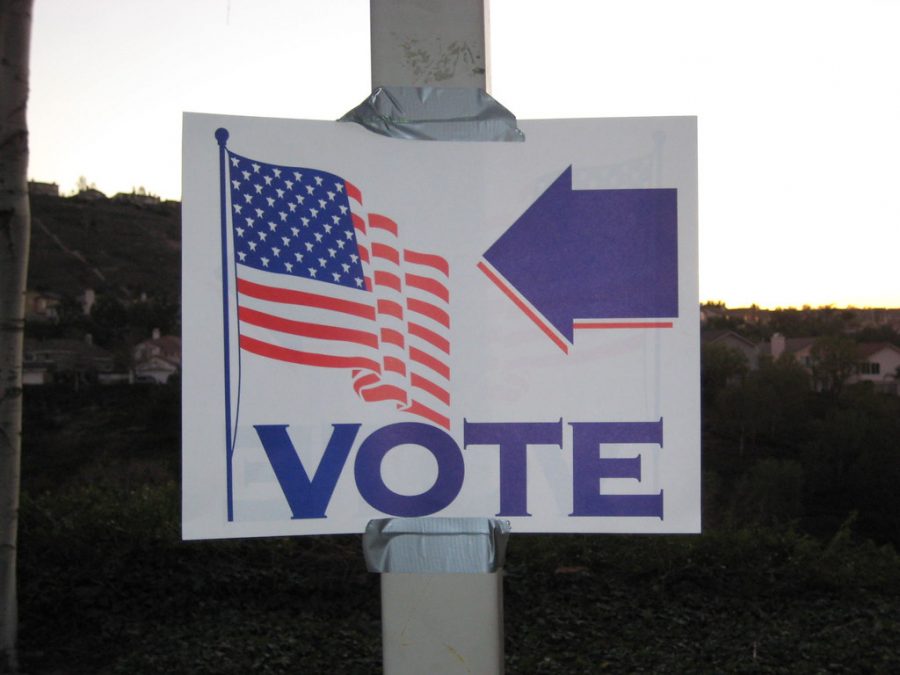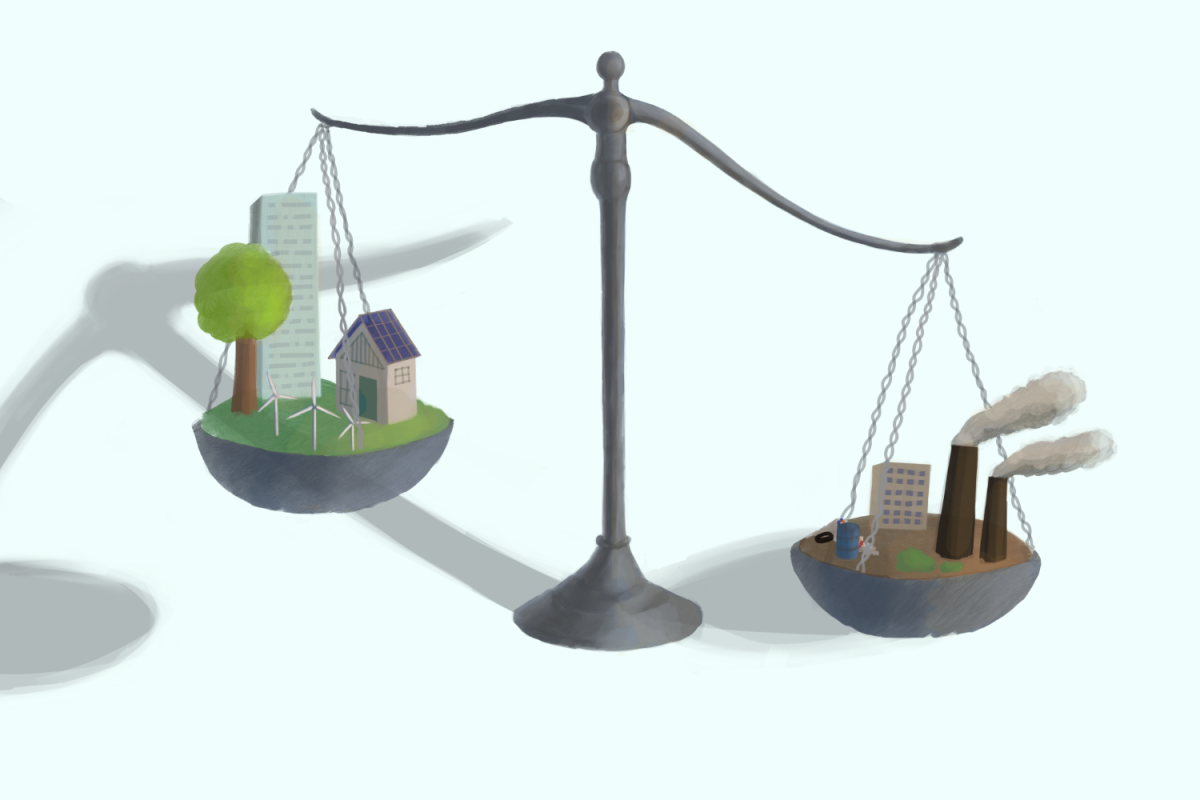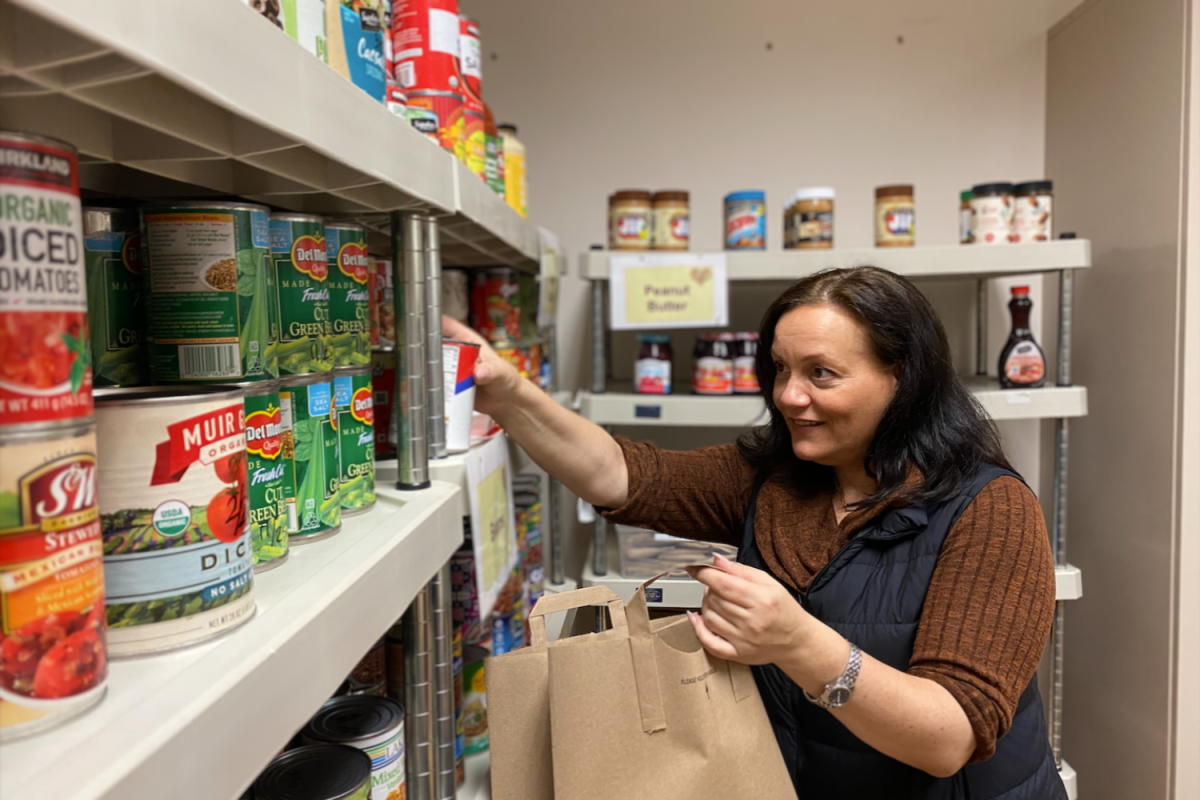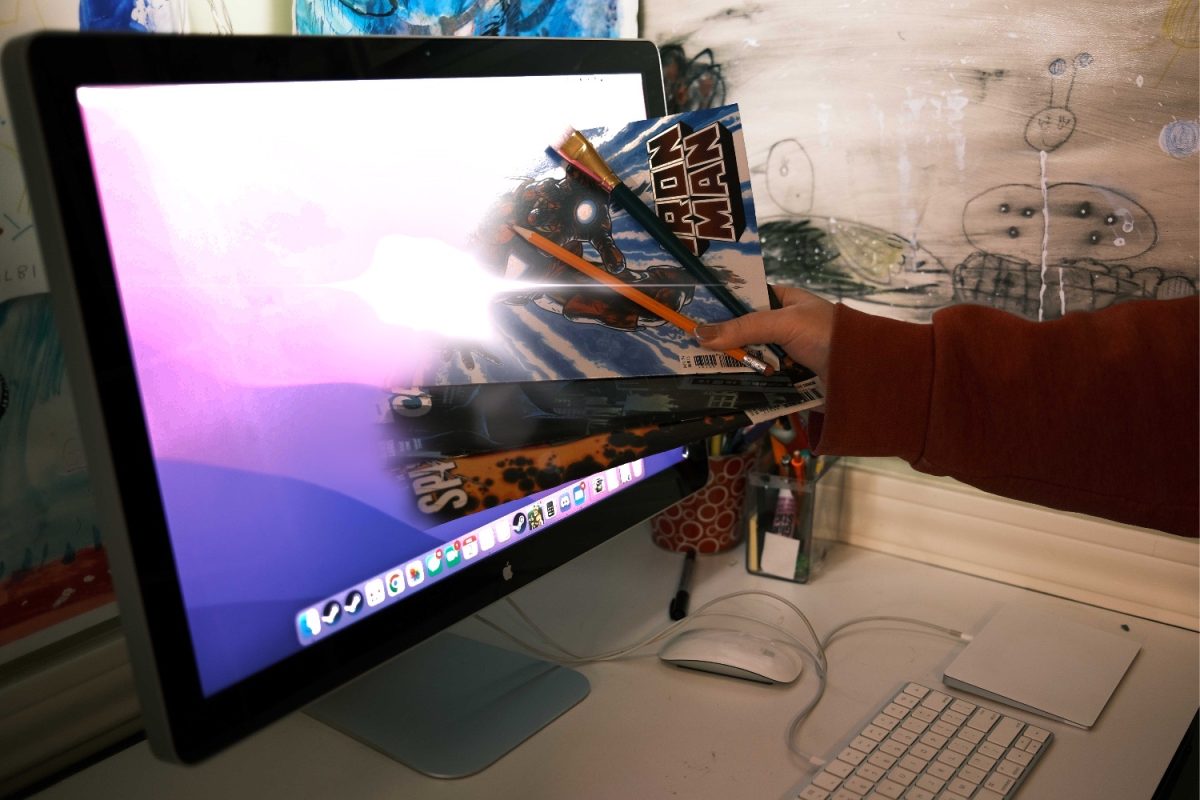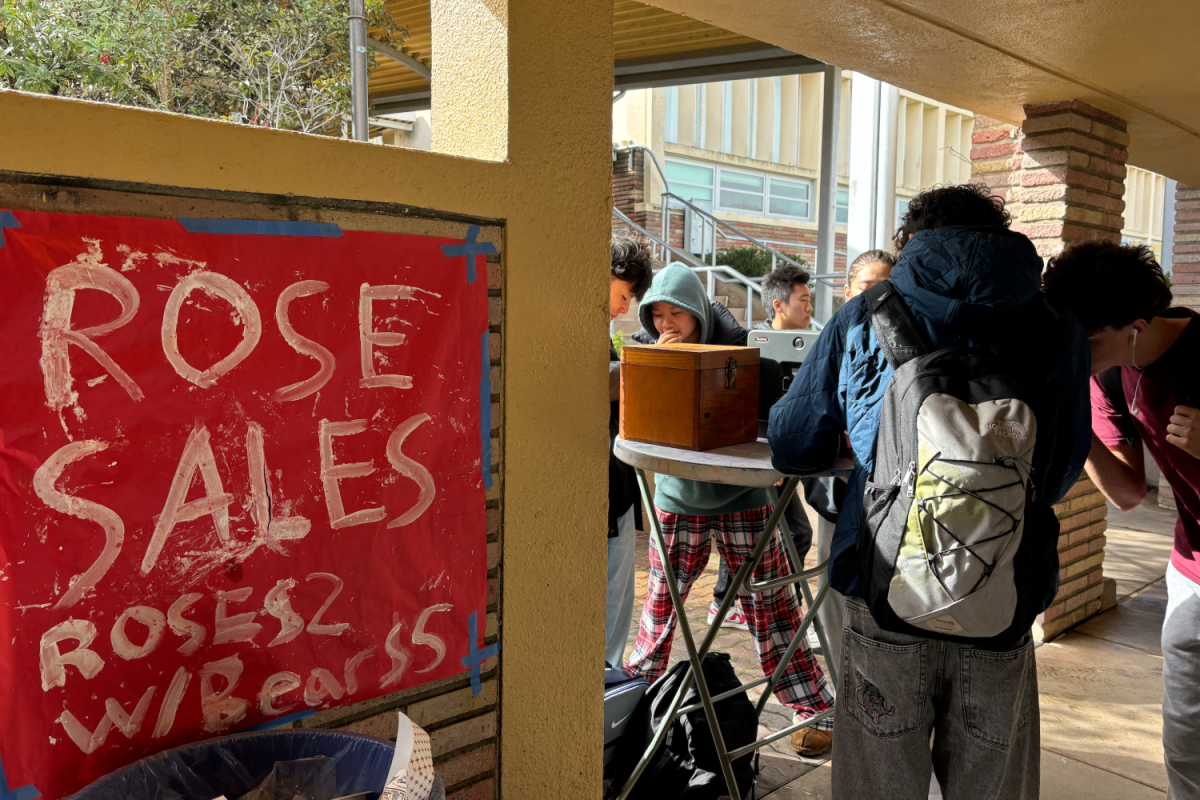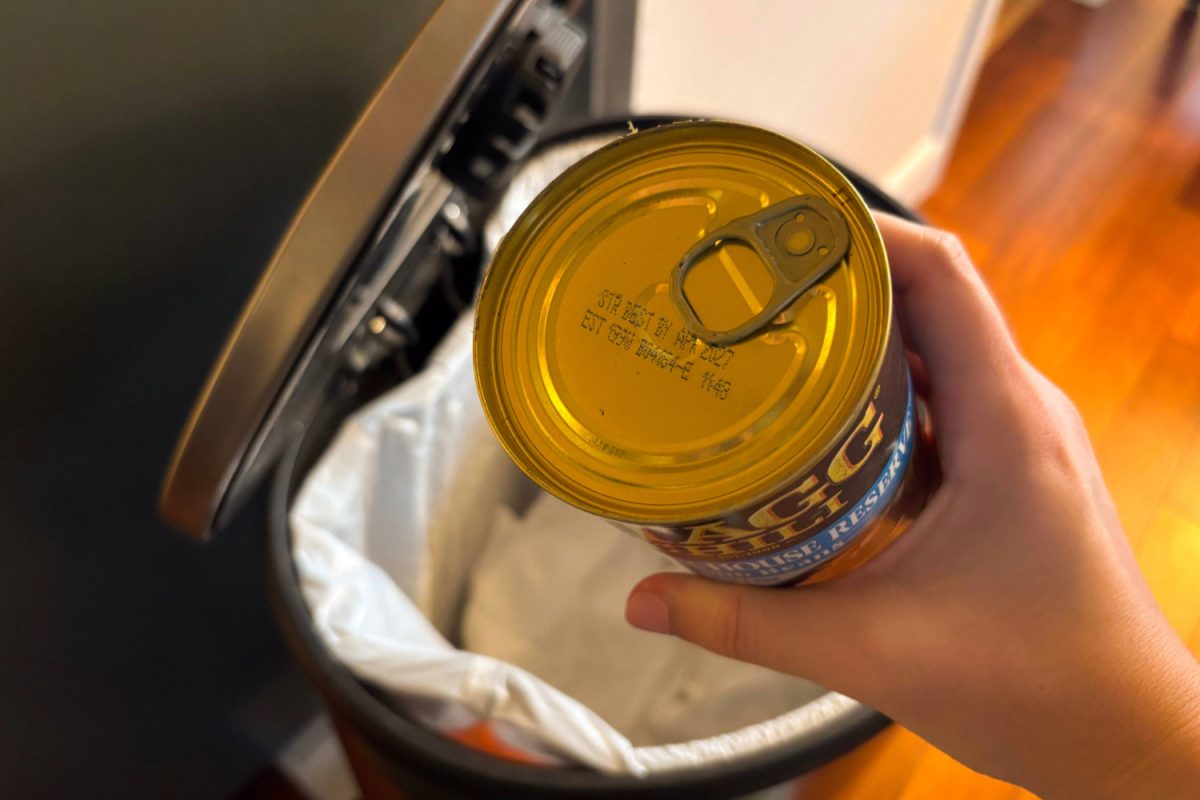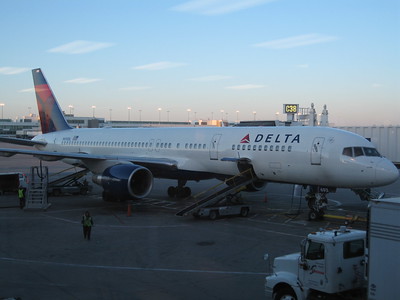
COVID-19 swept the world by a storm, quickly establishing itself as one of the most fearsome diseases when the World Health Organization (WHO) officially declared the coronavirus as a pandemic on March 11. Yet even with the shift of learning moving from classroom to online, the stock market is repeatedly crashing, and the ordering of citizens to remain in their homes unless leaving is necessary, perhaps one of the most significant effects of COVID-19 came on the airline industry.
In the US alone, the airline industry supports about 10.2 million jobs; worldwide, it brought in roughly $567 billion in revenue from passengers in 2019. According to a Statista report, experts projected the airline industry to make $581 billion in 2020.
The coronavirus outbreak will cost the airline industry $63 billion to $113 billion in lost revenue, according to one industry estimate https://t.co/T6sAhLIbb0
— Bloomberg (@business) March 5, 2020
However, due to the outbreak of COVID-19, this number may not be reached.
The travel ban which Trump placed on trips to European countries added the UK to its list. One of the more prominent international flights out of the US, New York to London, is majorly impacted by this ban, and as a result, affects the entire airline industry.
For example, the average ticket price on one of these flights is $609. Depending on whether the airline uses a Boeing 747 or 777 or some other plane, an average of 394 passengers can be estimated to be on each flight. This means that on a full trip, passengers spend an average of $239,946 on tickets alone. When multiplied by the average of 30 flights that travel between New York and London daily, the industry loses $7,198,380 every day the travel ban sits in place (amounting to about $2.6 billion yearly).
Now, this may not seem like a lot regarding the total revenue the airport industry brings in, yet this is only one travel path of many and doesn’t take into account any flights connecting in New York.
A New York Times article wrote that an industry trade group claimed that airline revenues could lose between $63 billion and $113 billion worldwide, meaning that the coronavirus may cause a loss of nearly 20% of the projected 2020 gains.
But COVID-19 isn’t just affecting the revenue that the airline industry brings in. While the US airline industry supports 10.8 million jobs worldwide, the number is estimated to be around 65.5 million jobs.
United Airlines, the world’s fourth-biggest airline service in 2019, according to Business Insider, threatened to layoff a substantial amount of employees if Congress did not pass a coronavirus economic relief package. Already having more than half of their flights on freeze, United is just one of many American airline companies who are pushing for a bailout bill to help keep their employees and prevent significant pay cuts.
United Airlines is threatening massive employee layoffs, furloughs or pay cuts if Congress doesn't pass a coronavirus economic relief package by the end of this month. The airline has already eliminated 60% of its flights.https://t.co/j2y8rdbbBP
— NPR (@NPR) March 21, 2020
However, things are getting complicated with the US Senate blocking a $2 trillion coronavirus rescue bill on March 22.
With no additional money to bail these airlines out, it is becoming increasingly likely that some employees will lose their jobs.
“While these steps are unparalleled in our history, we expect demand to fall even more before it gets better. […] With minimal operations, we need a smaller staff,” said Robert Isom, the American Airlines president, in a letter to his employees.
American Airlines has the most employees out of any airline in the US, and many even consider them to be one of the world’s largest carriers. Hence, the fact that the passage of a bailout bill is becoming increasingly likely means that they will be hit harder than most in terms of firings.
Airlines everywhere are cutting flights with hopes that they can quicken the quarantine process of COVID-19 to ensure that the disease does not continue to spread.
“We are in the fight of our lives, and we will win,” Isom said.





